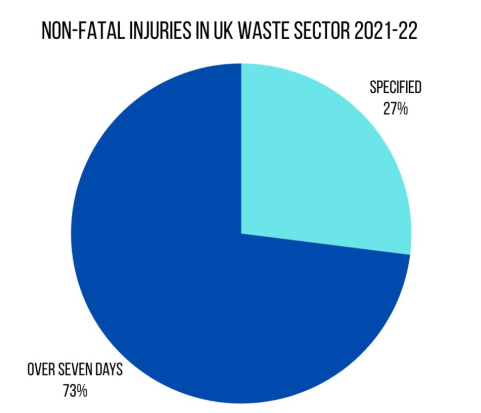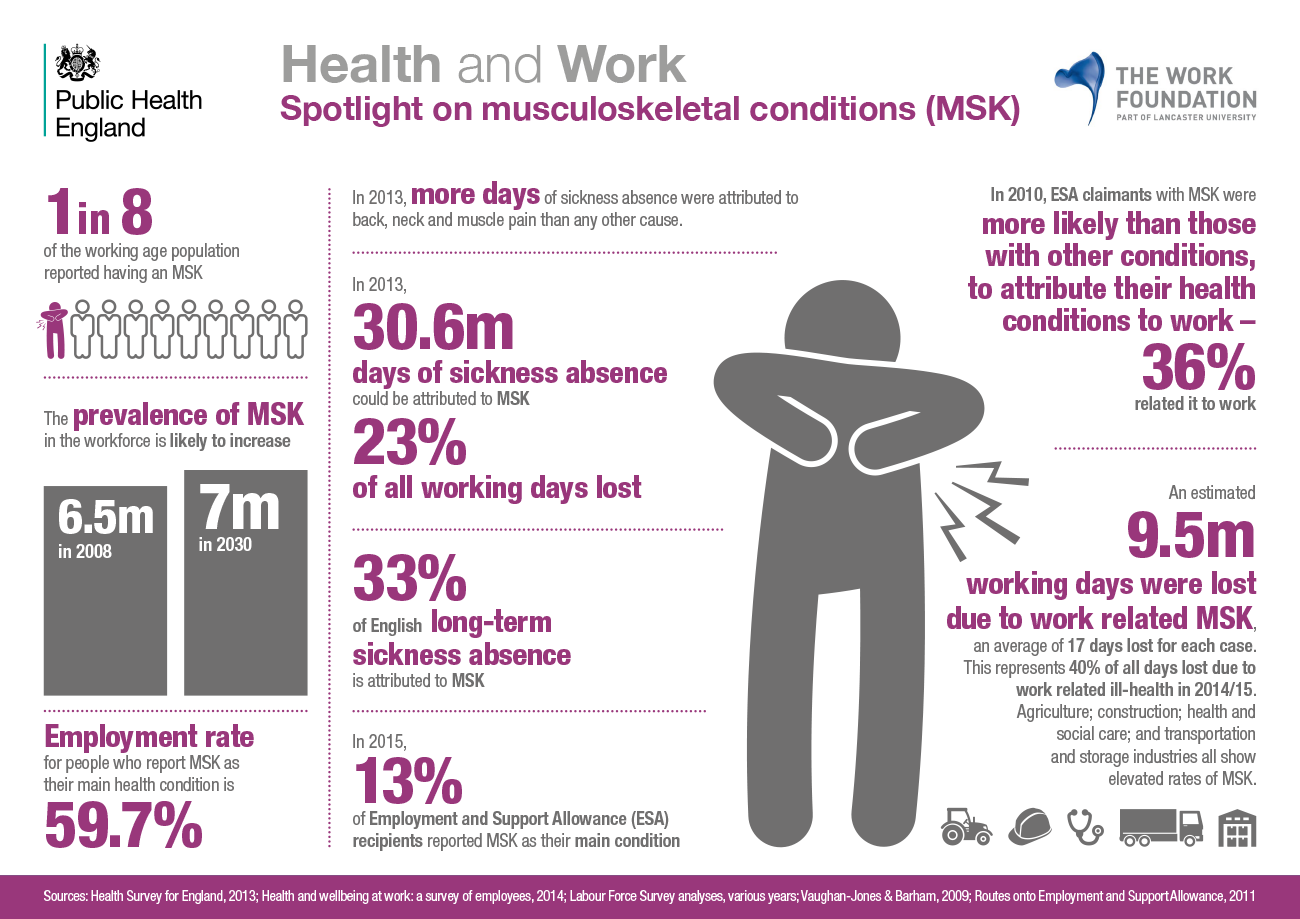A recent article in the CIWM Journal highlighted a study on musculoskeletal disorders (MSDs).
The study was conducted by the University of Greenwich and Glasgow Caledonian University, urging councils to discontinue “box-type” recycling collections as a matter of urgency.
The Health & Safety Executive estimates that worker absence due to ill health may be costing the waste and recycling industry up to £70 million annually.
The overall industry performance is poor, with RIDDOR (Reporting Of Injuries, Diseases and Dangerous Occurrences Regulations) reportable injuries in the waste and recycling industry over 4 times greater than most other sectors.


The main causes of accidents were:
- Manual Handling (Muscular Skeletal Disorders) (MSDs)
- Slips and trips
- Hit by moving, flying or falling object
- Falls
- Hit by something (object) –
- Hit by moving vehicle
- Contact with moving machinery
- Needle-stick/sharps
This equates to around £100 in direct costs to an organisation for a single day of absence, although this cost is potentially doubled, when indirect costs through loss of productivity are included.
The report states: “Given this, even reducing the burden of sickness absence by as little as 10% (leading to a potential financial saving of around £7 million across the entire sector) is by no means insignificant!
Why it matters!
Total number of working days lost to MSDs by local authorities in the waste sector per year is 29,440 person-days at a potential cost of £200 per day (£5,888,000 total yearly cost). This does not include costs such as medical expenses or claims.
With 28 million households in the UK, reducing musculoskeletal disorders (MSDs) in the waste and recycling industry can lead to significant savings that could be redirected to other pressing issues.
Recognising and managing ergonomic risks is essential for a safe workplace, which is why MI-BIN’s design is based on the 240L industry standard.
The HSE recommends where manual handling cannot be avoided, steps should be taken to reduce the risk of injury to the lowest reasonably practicable level.


The following factors influence your likelihood of suffering a manual handling injury whilst lifting waste and recyclables:
- The load weight
- Vehicle design
- Receptacle type and design
- Street environment
- Collection frequency
- Training
- Systems of work
- Working outside your capabilities
The HSE recommends carrying out a manual handling risk assessment to assess whether these risks have been adequately controlled.
The Manual Handling Operations Regulations state that the need to undertake any manual handling operation which is likely to involve a risk of injury should be avoided so far as is reasonably practicable.
